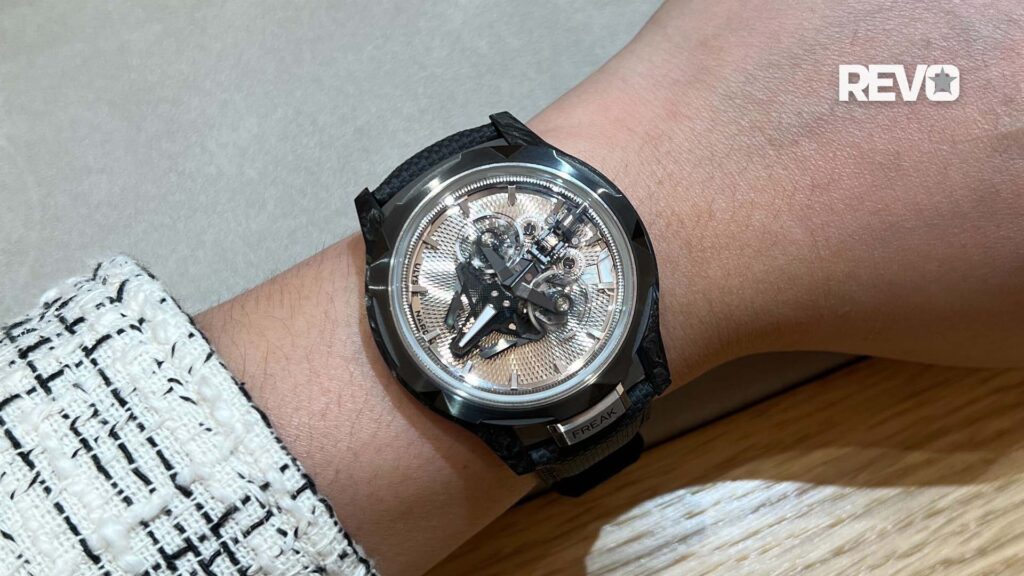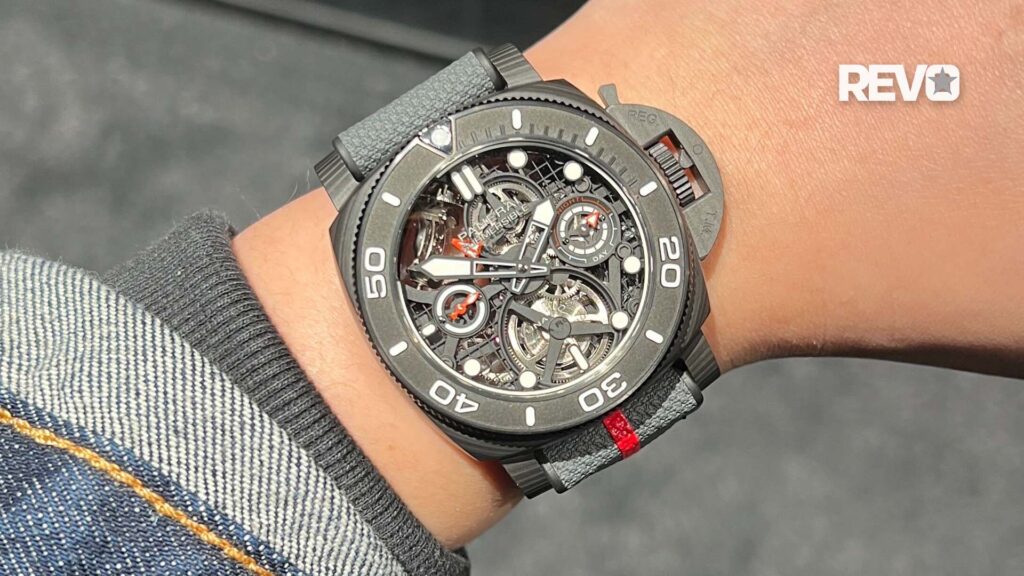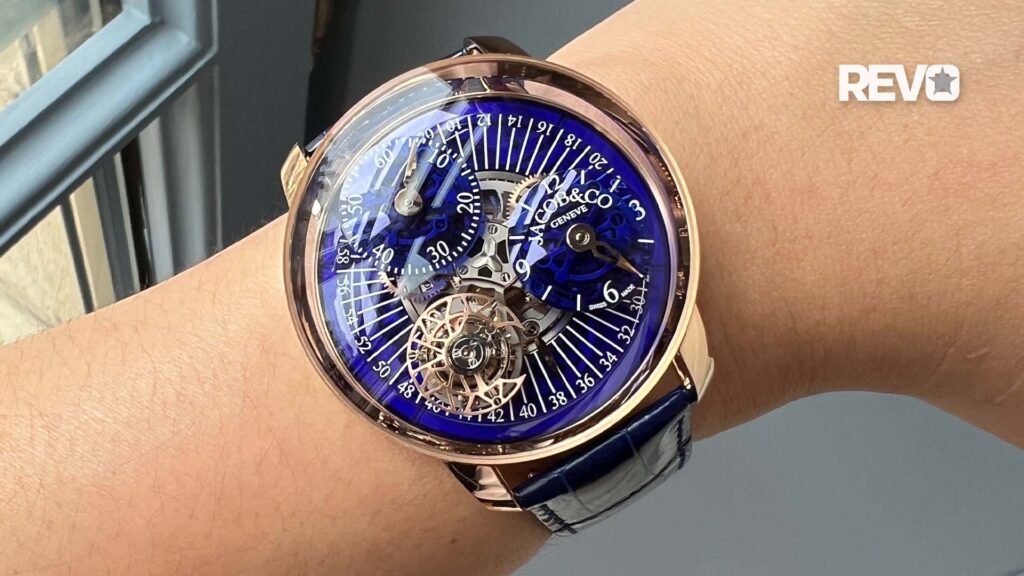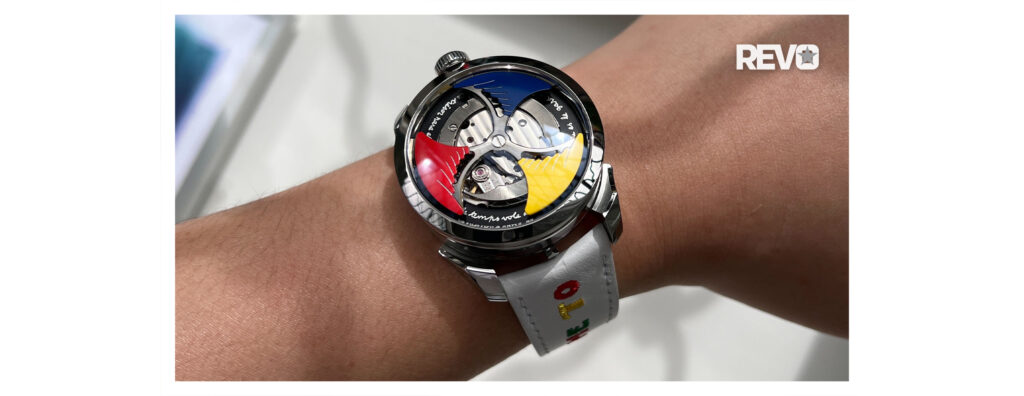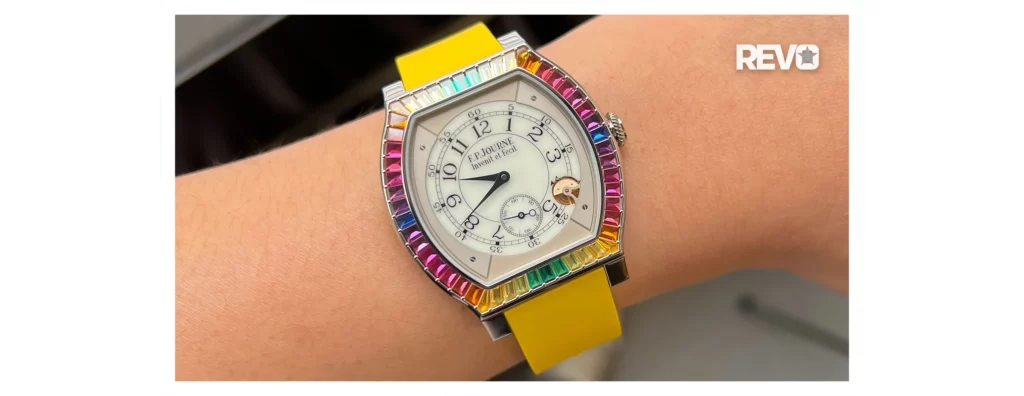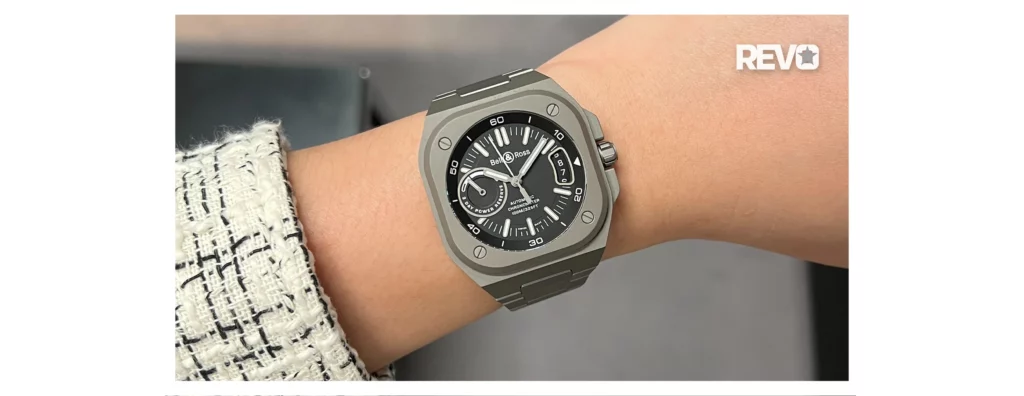Interviews
The Dev’s in the Details
We just began a relaxed, friendly chat and work-related questions are forgotten as we talk about everything from meditation to martial arts. Patel trained in taekwondo for years and is trying to find a window in his busy life to get back to training, but for now satisfies himself with a deep admiration for UFC fighters like Anderson Silva and Khabib Nurmagomedov.
Patel got a chance to showcase his own martial arts skills a few years back, but this is not a source of great pride for him. In 2010, he starred in what he refers to as a “god-awful movie called The Last Airbender,” adding: “It’s f***ing awful. And I’m horrible in it.”
I haven’t seen the film, although I do remember the reviews being unkind. I’ve seen a few clips on YouTube, and at least there’s nothing wrong with his kicking technique. And in defence of the kids’ fantasy film, Patel’s PR interjects, saying: “But people love it…”
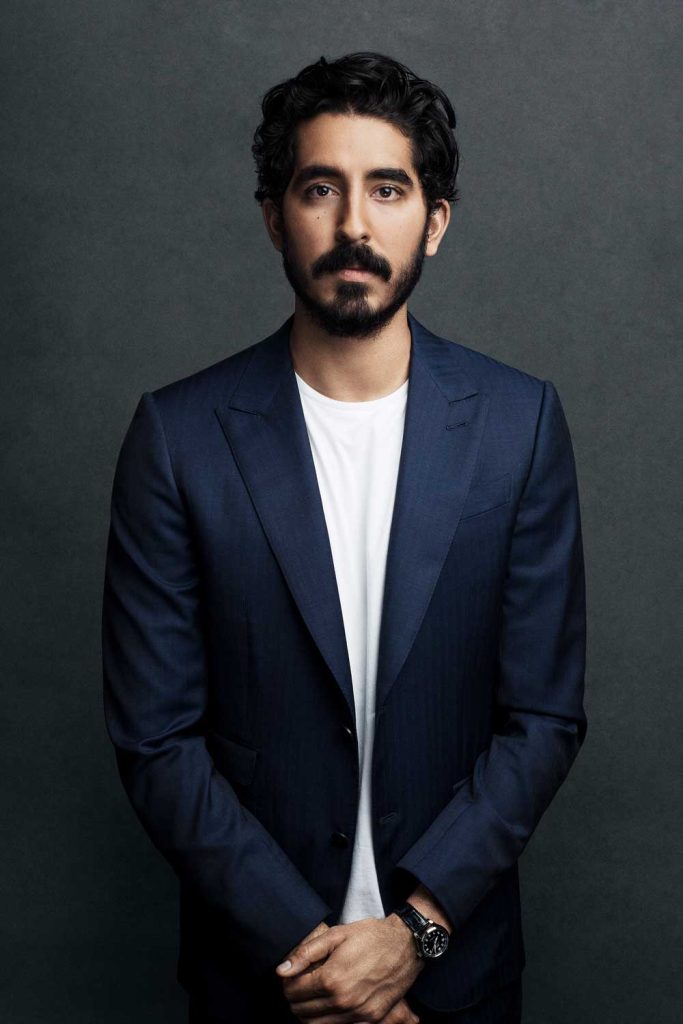
Dev Patel
The Mighty Lion
I steer things onto more positive ground by talking about Patel’s biggest critical success, earning a Bafta and an Oscar nomination for his Best-Supporting Actor role in the 2016 film Lion. Thankfully, I have actually seen this film, and it is wonderful. It is based on a true story about a little boy who gets lost in India. It is so touching, that I admit to spending about half the film fighting back tears, perhaps partly because my son is about the same age as the little boy when he disappears. Patel plays the boy when he grows up, and it seems like a perfect role for an actor who has spoken repeatedly about the huge role his own mother plays in his life.
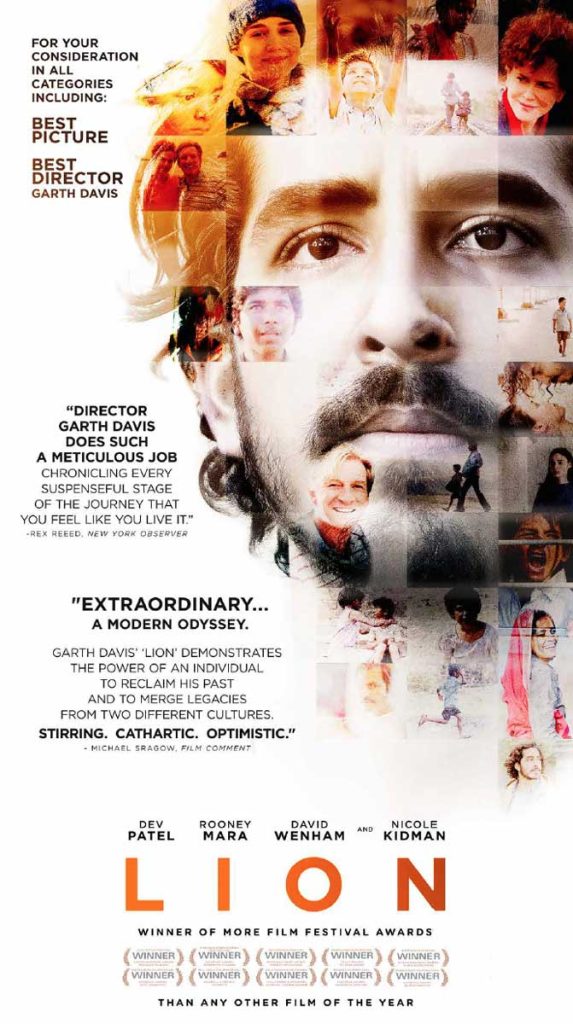
Lion (2016) movie poster
Presumably at this point in his career, Patel is in a position to pick and choose, to make sure that the Lions outnumber the Airbenders?
“A little bit,” he said. “But you’re never going to strike gold all the time. It’s part of the game, I think you learn the most with the ones that didn’t work out. You learn what you don’t like and what’s not truthful for you.”
Patel’s involvement with IWC has led him to support the IWC Schaffhausen Filmmaker Bursary Award in association with the BFI, which supports emerging talent by awarding £50,000 of development money to a writer or director presenting either their first or second feature film at the London Film Festival. The 2019 award went to director Rose Glass, whose horror film Saint Maud lit up the film festivals all year.
“I like getting in and talking to all these guys and discussing movies and being as supportive as I can,” Patel said. “Luck is massive. A big part of it is also support, finding people that are invested in your vision and will support you – that’s where awards like this, giving people financial backing to go and develop further ideas and create ideas for themselves, that’s cool. It’s so difficult to find development money for projects.”
Patel, 29, was born in raised in London by parents of Gujarati Indian descent. His own rise to stardom was incredibly rapid. He was unknown when he was cast in the ground-breaking coming-of-age television drama Skins in 2007, then the next year he landed the starring role in Danny Boyle’s mammoth global hit Slumdog Millionaire, all before he had turned 18. He has gone on to have a starring role in the HBO series The Newsroom and the title role in the 2019 film The Personal History of David Copperfield, alongside Hollywood royalty Tilda Swinson. Does he feel particularly lucky to have had such a seemingly easy ride, and does he ever suffer from the successful person’s condition known as “imposter syndrome”?
“Constantly,” he says, adding with a laugh, “and I’m sure other people look at me and think, ‘Oh, he must have imposter syndrome!’ I mean, I’m surrounded by all these wonderful, smart individuals at the top of their game and sometimes I look at them and I don’t know where I fit into that equation.”
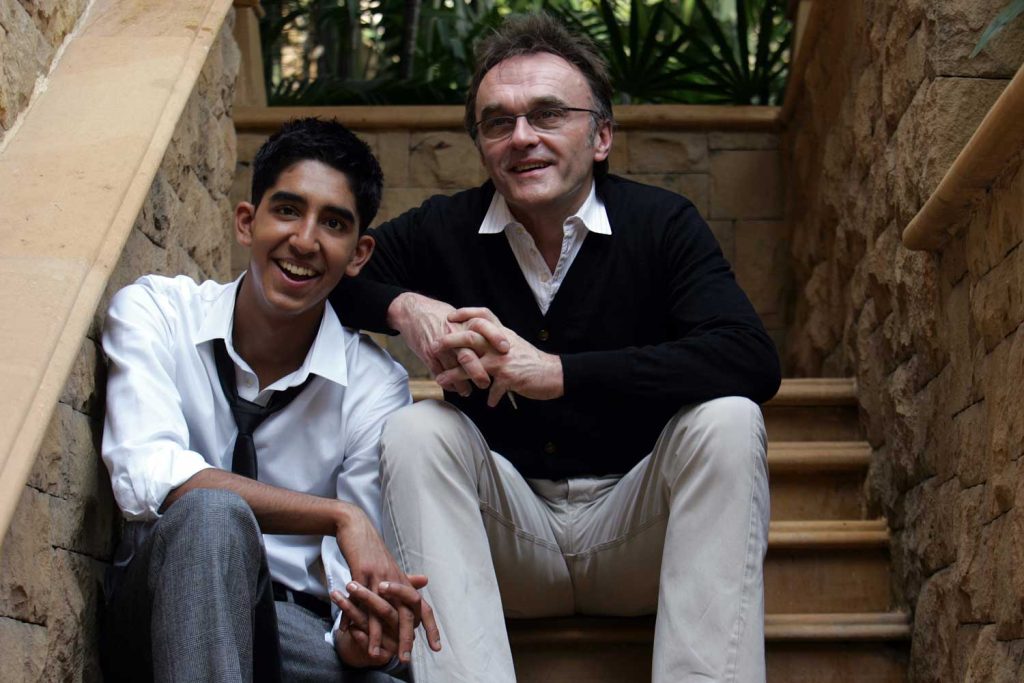
A teenage Dev Patel with Slumdog Millionaire director Danny Boyle in 2008.
Hidden Craftsmanship
Although he doesn’t take himself too seriously, he does commit himself entirely to his roles, and he sees a similar level of commitment to the craft among the watchmakers he has met since becoming involved with IWC. The brand is well-known among journalists for conducting watchmaking masterclasses, where they give ham-fisted amateurs a chance to mess around with basic watch movements. I ask Patel if he’s tried one.
“Yeah, it’s incredible to see how something so minimal and simple can be so complicated under the surface. It makes me think of movies, with the amount of time and effort that have gone into making four seconds of screen time, all the hours and hours of work and preparation, there’s a lot beneath the surface.”
He added: “The way the IWC watchmakers work is amazing, each watch is like a tiny piece of art on your hand. For me watches were always aspirational. I think every little boy has looked at someone older and wanted a watch. I remember my grandfather having a really nice watch and I remember thinking I need to work myself up to wearing something like that. Now I have a collaboration that means I can go and choose what I want, but even so I wait to wear certain watches until I feel I have earned it.”
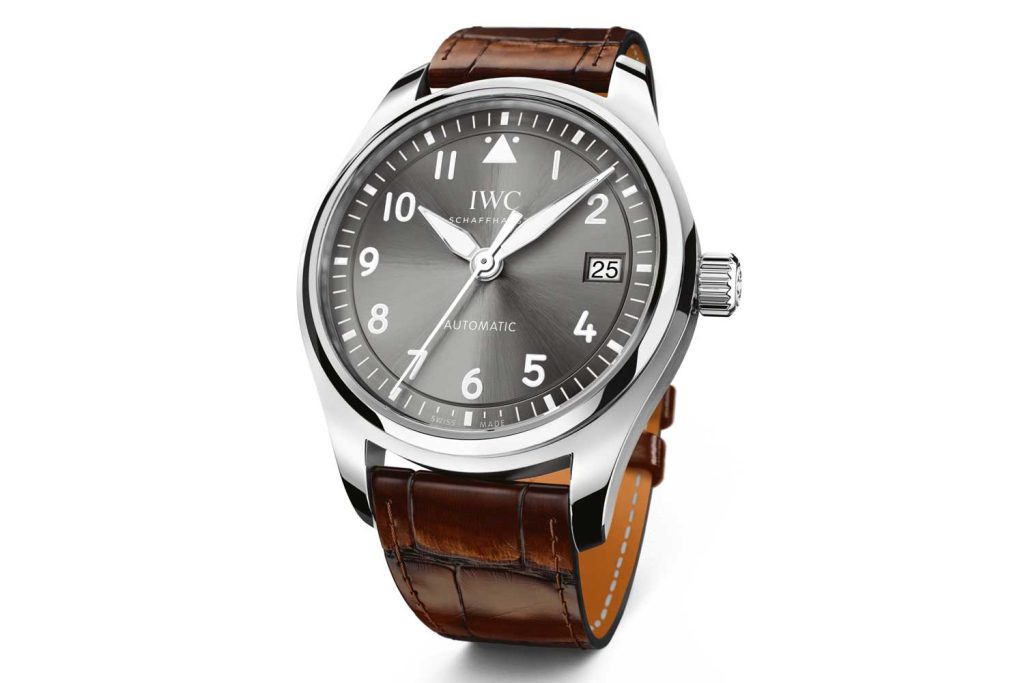
IWC Pilot’s Watch Automatic 36
Of all the IWCs on offer, which does he wear the most?
“The Pilot Automatic,” he says offering me his wrist. “This one I’ve been wearing a lot. I have it in a few different colours. And recently I was in the water a lot on holiday, so I took a Jacques Cousteau. That was amazing. It really took a battering and was absolutely fine – you can run it under a tap and clean out the salt water. It’s an amazing watch.”
Far from being something that runs parallel to his career, his venture into the watch world has helped influence his film choices, too. “[IWC CEO] Chris [Grainger-Herr] is very interested in storytelling, so I’ve been able to travel the world with IWC and it has allowed me to meet so many filmmakers. I never thought I’d be meeting the industry in China, or Dubai. It has been a really fruitful, creative relationship for me. I met one of my co-stars, Armie Hammer, at an IWC event in Tribeca, at the film festival. I love Armie, and we had such a great time. There was a film being put together, Hotel Mumbai, and we kind of pushed each other over the edge to do the film.”
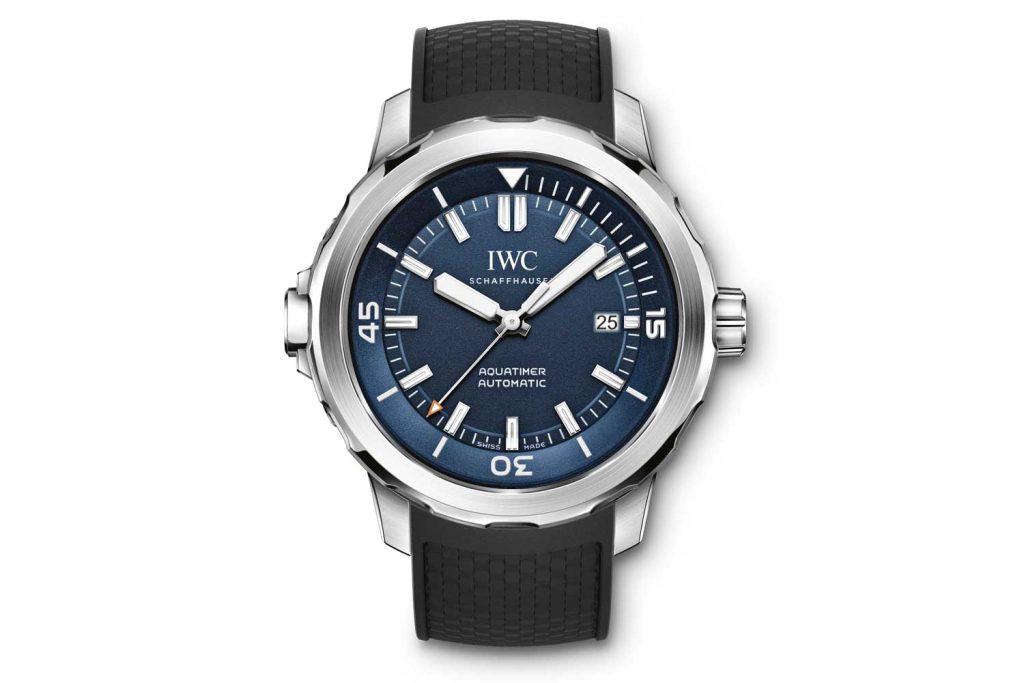
Aquatimer Automatic Edition “Expedition Jacques-Yves Cousteau”
Depending how it goes, does he see his future as an actor or a director?
“Both, yeah, absolutely,” he says with the air of a man not intending to slow down. Doesn’t he find it all tiring?
“It’s exhausting, but at the same time also very revitalising, and besides, it is what I live for. I can’t see a world where I wouldn’t be doing it.”
Does all this exhausting work give him the chance for any time off?
“Yeah, but time off means writing, or doing whatever I’m doing. I can’t really switch it off, it’s a way of life. For me, if I’m not on a film set, I’m writing a movie, developing an animated short, watching films, talking to people about films, developing TV shows – this feels like an amazing position to be in.”
Slowing Down Time
How does he slow down? This is where we start talking about meditation.
“I have tried to meditate, but I’m not very good at it. I prefer doing pottery, which for me works as a form of meditation. You need to concentrate, because otherwise the wheel will send it flying. Sometimes acting is not very tangible, so with pottery you have this real thing that you’re crafting, you can feel it in your hands. Then, if you are lucky, you end up with a beautiful object that you can take home.”
I like to ask ambassadors about other watch brands, just to see if the publicist is paying attention. I ask Patel if he ever fancies a cheeky little number made by one of IWC’s rivals. He glances playfully across as his PR and says in mock anger: “I’m in a great, committed relationship with IWC, Richard. Please don’t try to make me look at anybody else!”
After our interview is finished, I bump into Patel as we are leaving the boutique. Even though his professional obligations are concluded, and the tape is no longer running, Patel is just as friendly as before, going in for a bear-hug then attempting a friendly judo trip. Charming to the last – if it is an act, it’s a damn good one.
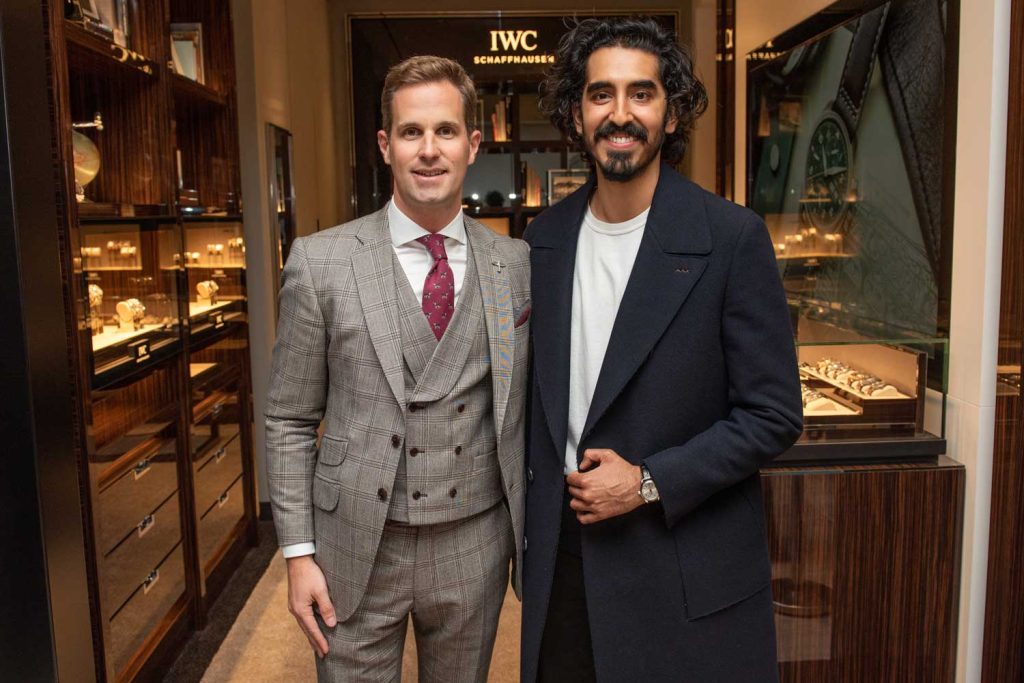
Patel with IWC CEO Christoph Grainger-Herr at the IWC boutique in London.
Stars out for the IWC Filmmaker Bursary Award
Dev Patel was one of the stars from the British film and television industries gathered in support of BFI Luminous, the fundraising gala held in partnership with IWC Schaffhausen. Hugh Grant, Taron Egerton, Gemma Arterton and Olivia Colman were also there to see the £50k Filmmaker Bursary Award presented by Oscar-winning director Danny Boyle.
This year’s award went to Rose Glass, writer and director of the psychological thriller Saint Maud. She received the award from Boyle, along with co-jurors Christoph Grainger-Herr, CEO of IWC Schaffhausen, and Amanda Nevill, CEO of the BFI.
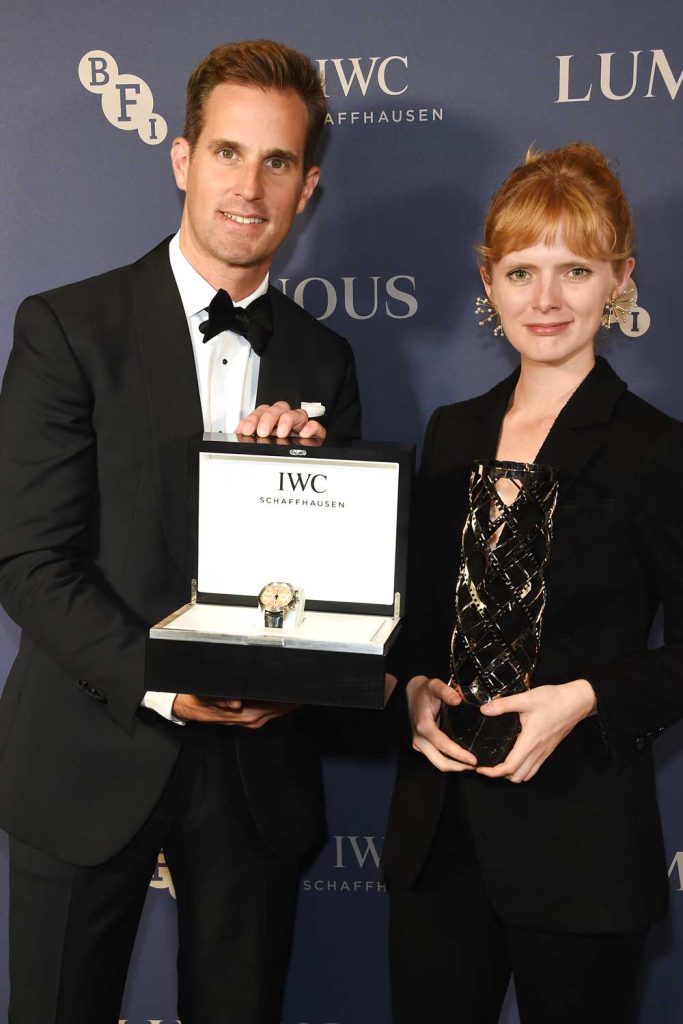
IWC CEO Grainger-Herr with winner of the IWC Filmmaker Bursary Award, Rose Glass.
Glass was shortlisted alongside Peter Mackie Burns, director of Rialto and Hong Khaou, director of Monsoon. The three filmmakers were selected by a senior industry panel from among UK-based directors or writers with their first or second film selected to premiere at the BFI London Film Festival.
IWC CEO Chris Grainger-Herr said: “The filmmaking industry is really based on the idea of creativity in its purest form. The bursary is there to give creative filmmakers the space to develop their next concept. It is not an award for the film, it’s an award that says we believe this person has the talent and the potential to really develop and we want to give them the space to be able to do that.”




